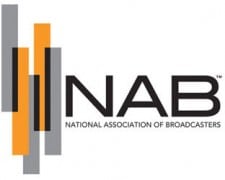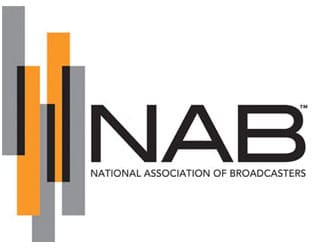 According to the National Association of Broadcasters, “we’ve heard it all before” is the best way to sum up the latest comments from Time Warner Cable as submitted to the FCC. NAB provided a point by point rebuttal.
According to the National Association of Broadcasters, “we’ve heard it all before” is the best way to sum up the latest comments from Time Warner Cable as submitted to the FCC. NAB provided a point by point rebuttal.
“TWC’s latest missive merely rehashes stale arguments TWC has made in a collection of filings in this proceeding,” said NAB in the filing. “These arguments have been expressly rejected time and again by the FCC. In several instances, moreover, TWC urges the FCC to adopt rules for broadcasters that TWC would vehemently oppose if such rules were applied to it. TWC’s hypocritical, meritless arguments have not improved with time or repetition. ”
It noted that despite another plea for FCC intervention or mandatory arbitration in the event of a retransmission consent impasse, the FCC has consistently and repeatedly noted that it has no authority to do either.
NAB pointed out the hypocrisy of the TWC position regarding standstills which would keep broadcast programming on the air during a dispute, noting that while TWC would like to impose this on broadcasters it is completely against it when its own programming is involved.
NAB said despite TWC pleas to the contrary, broadcasters have the right to control internet access to their programming, just the same as any other provider of programming. “Broadcasters are not under any legal or regulatory obligation to provide online content,” said NAB. “For many broadcasters, it serves a promotional function. The argument that broadcasters – and only broadcasters – should be penalized for seeking to control their digital rights is simply wrong on its face.”
As to TWC charges of broadcasters failing to bargain in good faith, NAB notes that TWC has not provided so much as one case to support this claim, and its charge that the FCC is “unwilling to enforce” good faith requirements is thus unwarranted.
NAB said TWC’s claims it is disadvantaged in the negotiation process due to the changing video marketplace is not correct. The process remains a “market-driven process.” Change in the industry affects every player in the video field, and does not warrant FCC intervention in favor of companies like TWC.
“We have innovated to survive in a marketplace of robust competition from other stations, cable programming networks, cable and satellite operators, and myriad online competitors,” said NAB. “After enjoying monopolies or near-monopolies in local markets for so long, the cable industry apparently believes that only government intervention can protect it from the brave new world of competition. Changes to the marketplace in no way undercut the need for a market-based mechanism for negotiation of retransmission consent.”
The NAB concluded that the problem is not with broadcasters. “The pay-TV industry led by Time Warner Cable, DISH and DIRECTV has attempted to manufacture a crisis in order to force government intervention in the retransmission consent marketplace. NAB continues to urge the FCC and Congress to reject their bad behavior and continue to support a system that allows broadcasters to be compensated for the most-watched programming on TV.”





